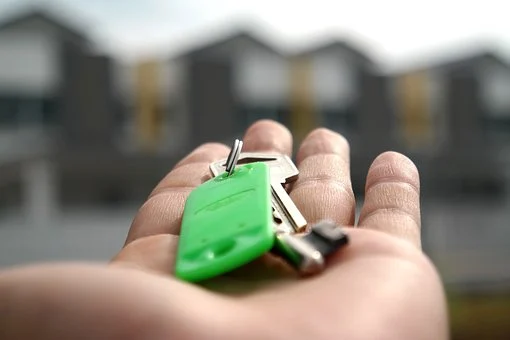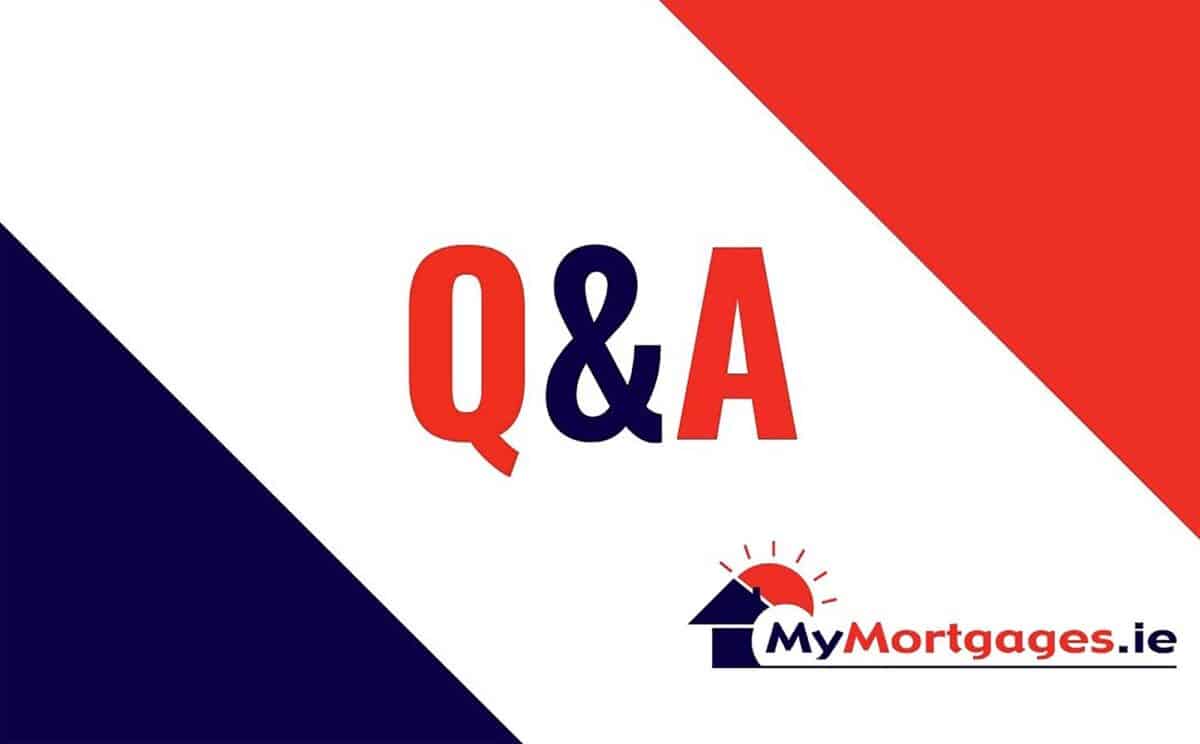Forget AIB, Bank of Ireland or any of the remaining stalwarts of Irish finance. It’s the Bank of Mum and Dad that is giving most first-time buyers a step on the property ladder.
ccording to data from the Banking and Payments Federation (BPFI), 42pc of new home purchasers used a parental gift toward their deposit. And they needed it: €52,500 is now required on average to get a first-home deposit together – a doubling from a decade ago. And despite a record 31,000 new builds commencing this year, it isn’t anywhere near enough, or fast enough, to curb house price inflation.
The total value of gifts alone was €210m in the first six months of the year, and that’s worrying enough for the Government to have at least considered taxing it in the budget. It is inequitable for one – not everyone has a wealthy parent to contribute – and of itself, it inflates house prices.
Ray McMahon, chief commercial officer at ICS Mortgages says: “This would reflect what we are seeing from our customers also. What is particularly of note from the BPFI figures is the significant number of second-time buyers who are also utilising gifts – a trend we are increasingly observing.”
There are conditions attached, but it’s normal for a lender to facilitate gifts as part of the deposit as long as it’s clear who’s giving it and under what circumstances, he says.
And when is a ‘gift’ a ‘loan’ or vice versa? If it is due to be repaid, it should have interest charged, with gift tax implications – this is what is being considered in the future by Government. But with ordinary interest rates at zero, it’s difficult to see how parents could charge kids interest on a loan they’re happy to hand out.
If it’s gifted, it matters by whom and for how much. Such things don’t bother loving parents, but they do concern Revenue officials and banks.
With house prices inflating by 12.4pc year-on-year and rents up by more than 7pc, what is a saver to do?
Interest rates are not only zero, but negative, given the effect of inflation – currently running close to 5pc. Yet try to do anything risky with the cash by way of eking out a return and the lender immediately frowns. Coupled with having to shell out more income toward rental while also saving, makes it very difficult.
The Rules
First-time buyers need not just 10pc of the purchase price, but an additional 2pc or so to cover stamp duty and fees. They need to be able to show capacity to service the debt, plus 2pc added for ‘stress test’ purposes along with their mortgage protection and home insurance. Oh, and they need to buy clothes, pay bills, food, pay creche fees and the other sundries of modern life.
Joey Sheehan, author of The Mortgage Coach, says the purpose of the Central Bank’s macroprudential rules on lending (which were not changed in its latest review), “is to ensure buyers cannot borrow more than they can afford to repay”.
He recommends transferring savings into one dedicated account to save a regular amount each month. “Avoid making withdrawals. It’s better to save less on a monthly basis and then add extra when you can rather than over-saving and dipping into it”.
He adds a lender will grant Approval in Principle (which lasts six months, but is easily renewed), when they can see the required percentage of purchase available.
Legal
When it comes to gifts, there are strict rules, both legal and financial, in place. Firstly, a gift must be just that. Banks don’t like to see additional loans being set up, either from the Credit Union or Mum and Dad, which could reduce a borrower’s capacity to service the mortgage.
They will typically demand a ‘gift letter’ or in some cases a Deed of Gift, witnessed by a solicitor to show that the parent has no expectation of getting their money back and that no secondary claim is put on the property. If there is capital acquisitions tax due, they’ll want evidence it has or can be paid.
A parent can gift up to €335,000 to a child without gift tax being applied. However, this is a lifetime cumulative limit, from both parents, for all gifts, and inheritances and any future amount over this threshold will be taxed at 33pc.
A grandparent can gift up to €32,500, again with the same rules applying.
Separately, there is a Small Gifts Exemption permitted of €3,000 per person, per year, from anybody to anybody else.
If it is done cleverly and with aforethought, four parents (his and hers) could gift a couple this amount over the two months (December and January) amounting to €48,000 in total without a tax implication, according to Eoin McGee, author of How to Be Good With Money.
Help to Buy Scheme
Under the Government’s extremely generous tax refund scheme, a gift may not even be necessary, with Revenue refunding four years of tax, to a maximum of €30,000 toward a deposit for a first-time buyer.
Securing a mortgage
Aside from the deposit, there are a lot of things you can do to get yourself mortgage ready. Banks like consistency, stability and diligence. Looking like an attractive borrower can be achieved in a few steps.
Have a good credit record: Missed repayments, even for an insurance premium or small loan is a red alert for lenders. Get your credit history from the Central Credit Register before the bank does.
Keep your spending ‘clean’: We’re all ‘tapping’ our way through life more than ever, so it will be crystal clear to a bank what you’re spending your money on. They get suspicious if they see unexplained large withdrawals of cash, frivolous spending or money being used to servicing a gambling account, even if you’re winning. If you use an app like Revolut or a different account to buy crypto currency or you have a store card, they’ll also want to see that.
Having a constant overdraft not only costs a lot, but it smacks of financial indiscipline. Control your direct debits, cut back and get rid of it six months before you apply for your mortgage.
Your income must be able to service a mortgage if interest rates were to rise by 2pc. This is the ‘stress test’ and banks will apply it before agreeing to lend. Work it out and be prepared to prove it.
Control your ‘nets’: No more than 35pc of net income should go on debt servicing. Pay off existing loans (highest-interest bearing ones) before applying for a loan, even if it means saving for longer.
Source: https://www.independent.ie/business/personal-finance/how-to-go-about-gifts-to-take-stress-out-of-mortgage-deposit-41139886.html









